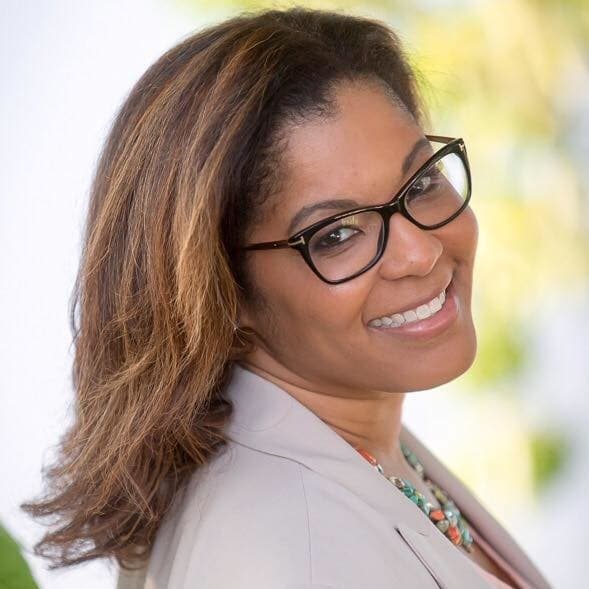Editor’s note: This article is part of a series highlighting speakers at the upcoming ERE Digital 2.0 event. Click here to view other articles in the series.
[Insert Jan Brady voice] Culture. Culture. Culture.
Whether it’s company culture, culture fit, or culture change, culture has been a hot topic among recruiting professionals for over a decade. As part of ERE Digital 2.0, happening Oct 20 – 21, I will join talent acquisition leader and consultant Mary Faulkner to examine — actually, to debate — the role that recruiters play and don’t play when it comes to impacting culture, particularly to achieve equity in the workplace.
Now, you may be asking yourself, “If we’ve been talking about this for so long, is there really much more to say?”
Yes. Mary and I will be drawing on our corporate, third-party, and consulting experiences to explore a topic that, as a result of recent events, is especially relevant given employers’ renewed focus on diversity, equity, inclusion, and belonging. While our professional experiences and the recruiting roles we’ve held are pretty similar, Mary and I rest on opposite sides of the spectrum when it comes to the role that recruiting plays in fixing a company’s culture.
Mary is of the mindset that too many organizations rely solely on hiring to fix culture and ignore the internal processes and policies that reinforce the existing culture. Therefore, they keep hiring for “aspirational” culture and then are shocked when the “new culture” people quit after six months because hiring alone doesn’t change the infrastructure.
I, on the other hand, think recruiters can fix culture…if given the power to.
My mindset stems from the belief that hiring is not currently having a large enough impact on company culture as it relates to achieving greater equity in the workplace because there aren’t enough recruiters who come from diverse backgrounds.
Moreover, my professional experience as a Black recruiter has paralleled my lived experience as a Black person. I have experienced being the only non-white recruiter, as well as the only non-white recruiting leader. But even in organizations in which I wasn’t “the only,” I and the others who weren’t in the power majority witnessed, and at times were subjected to, treatment that didn’t bolster inclusion. For example:
- When the recruiting leaders who were tasked with executive hiring were disproportionately male and white, their candidate slates and ultimately the hires reflected the same.
- When the majority of university recruiters were alumni of the same institutions, those places became the “focus schools” from which interns and entry-level hires were recruited.
- When micro-aggressions, sexual harassment, and other toxic behaviors where unchecked and unpunished amongst recruiters, candidates who exhibited the same behaviors in the hiring process weren’t rejected and often moved forward and hired.
- When women and non-white recruiters were hired at lower salaries than their white male counterparts, the same unequitable pay was passed on when making offers.
I’ll go into more detail when Mary and I present our session, “Can Recruiting Fix Your Company’s Culture? Let’s Debate This!” But until then, I leave you this: In my experience, the culture of the organization mirrors the culture of the recruiting department. So if the recruiting culture is upgraded, so will be the organizational culture.
Interested in learning more from Keirsten and Mary about the role that hiring plays in fixing — or not — culture? Experience their session at ERE Digital 2.0, Oct. 20 – 21. Use code EREDIGI20EXTRA10 to receive 10% off your ticket price.
